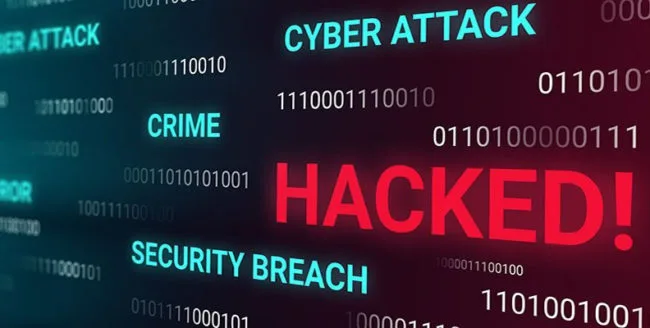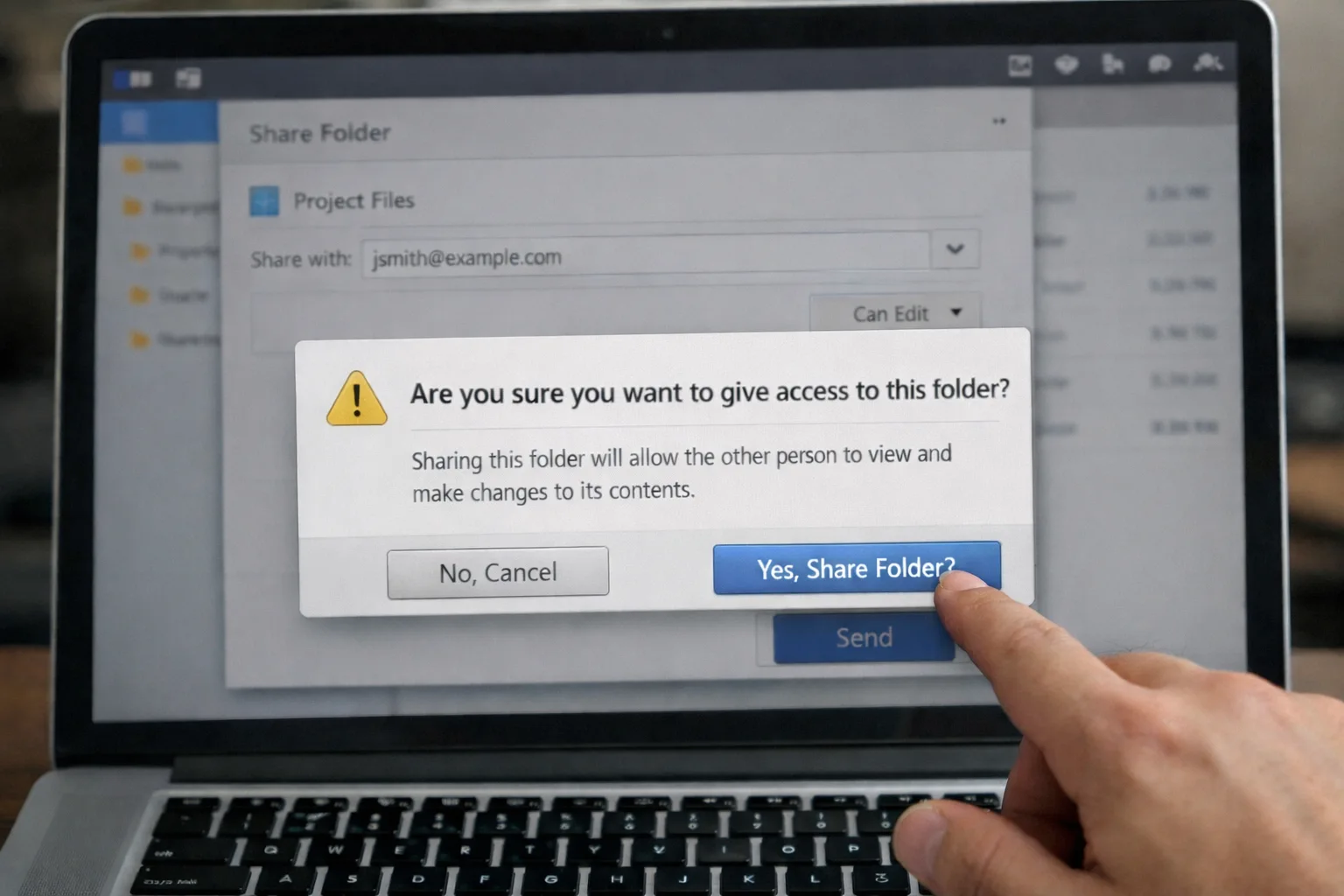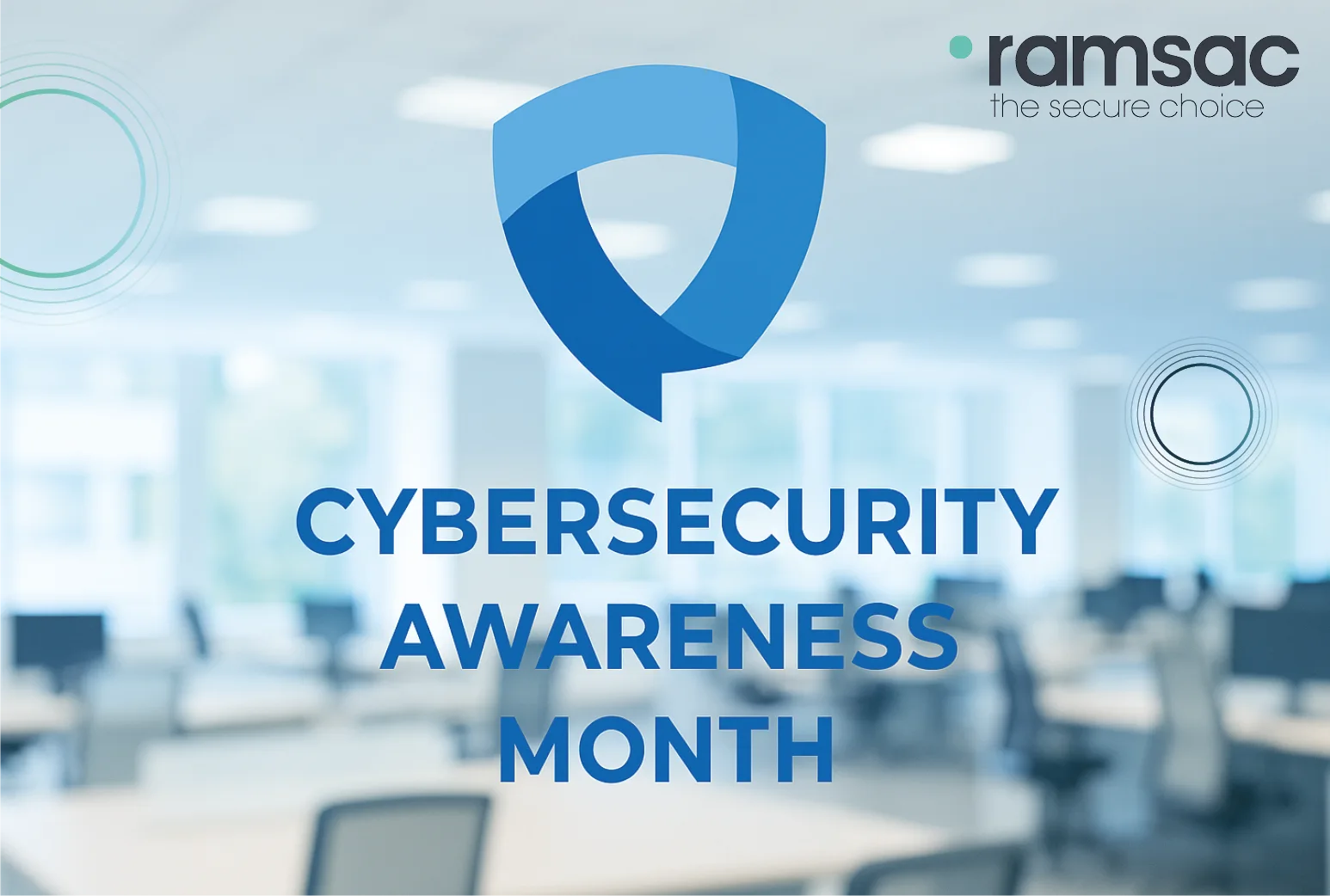Why should an organisation carry out board-level cyber training?

Posted on June 16, 2025 by Louise Howland
Cyber threats don’t just stop at the IT department. When something goes wrong-whether it’s a ransomware attack, data breach or phishing scam, the consequences quickly land at the feet of senior leadership. That’s why it’s no longer enough for board members to delegate cybersecurity responsibility to the tech team. They need to understand it, own it, and lead on it.
Here’s why board-level cyber training is no longer a nice-to-have. It’s essential.
Cybersecurity is now a strategic risk
Cyber threats have evolved from mere technical nuisances to significant business risks with far-reaching consequences. In April 2025, Marks & Spencer suffered a ransomware attack that severely disrupted online orders and operations. The incident is still ongoing, with the company continuing to assess the full impact. While exact losses are yet to be finalised, early estimates suggest they could reach up to £300 million. Marks & Spencer has confirmed that some customer personal data was compromised in the attack. The incident remains ongoing, with full recovery efforts still underway and the total financial impact yet to be fully calculated. The attack, attributed to the hacking group Scattered Spider, prompted the company to accelerate its digital infrastructure overhaul.
Similarly, in May 2024, the UK’s Ministry of Defence experienced a data breach when a contractor-operated payroll system was compromised, exposing personal information of approximately 270,000 current and former military personnel. Another notable incident occurred in October 2023, when the British Library was targeted by the Rhysida hacker group, resulting in the leak of 600GB of data online and necessitating the use of around £6–7 million from its financial reserves for recovery efforts.
These examples underscore the multifaceted impact of cyber breaches, including operational disruption, reputational damage, regulatory penalties, and financial losses. It is imperative for board members to comprehend these risks to make informed decisions and effectively oversee their organisations’ cybersecurity strategies.

Ignorance isn’t a defence
Regulators are becoming increasingly strict. In sectors like finance, not-for-profit and professional services, boards are expected to demonstrate strong cyber governance. That means being able to show:
- 🔍 An understanding of the cyber risks facing the organisation
- 📋 Clear oversight of controls, policies and responses
- 🎓 Evidence of training and board-level awareness
If an incident happens and your board is found to be uninformed, the consequences could be far worse than a few hours of downtime.
You can’t manage what you don’t understand
Cybersecurity is full of technical jargon and ever-evolving threats. Board-level cyber training helps demystify the language and put risks into a business context. It encourages leaders to ask questions such as what a “zero-day exploit” actually means in terms of risk, how phishing attacks might bypass staff training and reach the board, and what questions they should be putting to their IT provider or CIO. The goal isn’t to turn leaders into IT experts. It’s to make sure they’re confident enough to challenge, oversee and lead effectively.
It supports a strong security culture
When cyber training comes from the top, it sends a clear message: security is everyone’s responsibility. Staff are more likely to follow best practices when they see leadership doing the same.
Training the board also helps:
- Set clear expectations around cyber hygiene and behaviour, such as promoting strong password policies, secure remote working practices, and regular updates across all devices.
- Encourage strategic investment in appropriate cybersecurity tools and real-time monitoring systems that help detect threats early and enable rapid response.
- Prioritise data protection and business resilience in every strategic decision, ensuring that cybersecurity considerations are embedded in long-term planning and organisational governance.
Cybersecurity becomes baked into the culture, not just a bolt-on.

Cyber incidents often start at the top
Let’s be honest, executives are prime targets. Hackers love going after senior leaders because they often have broad access to sensitive data, the authority to approve payments, and busy schedules that make them more likely to click on dodgy links without taking the time to double-check their authenticity. These factors make leadership a vulnerable entry point for cybercriminals. Board-level cyber training equips leaders with the skills and awareness to recognise the signs of suspicious activity, avoid falling for scams, and model good digital behaviour that sets the tone for the entire organisation.
ramsac can help
At ramsac, we believe cyber resilience starts with leadership. That’s why we offer tailored board-level cyber training as part of our wider cybersecurity services. It’s not about scaring people or flooding you with technical terms. We speak in plain English, bring real-world examples, and make sure every session is relevant to your organisation.
We’ve worked with countless senior leadership teams, helping leaders feel confident, informed and ready to lead from the front on cyber.
Cybersecurity is too important to be left to the IT department alone. When the board is trained, informed and involved, the whole organisation becomes more resilient. So if your leadership team hasn’t had cyber training yet, now’s the time to make it a priority.
Want to build a more cyber-aware boardroom?
Get in touch with ramsac today and ask about our board-level cyber training sessions.

Curious about ramsac’s cybersecurity training for boards?
In a landscape where board-level cybersecurity training is often overlooked, ramsac’s in-depth workshops provide clear guidance on essential compliance responsibilities, helping leaders make informed, secure decisions.







